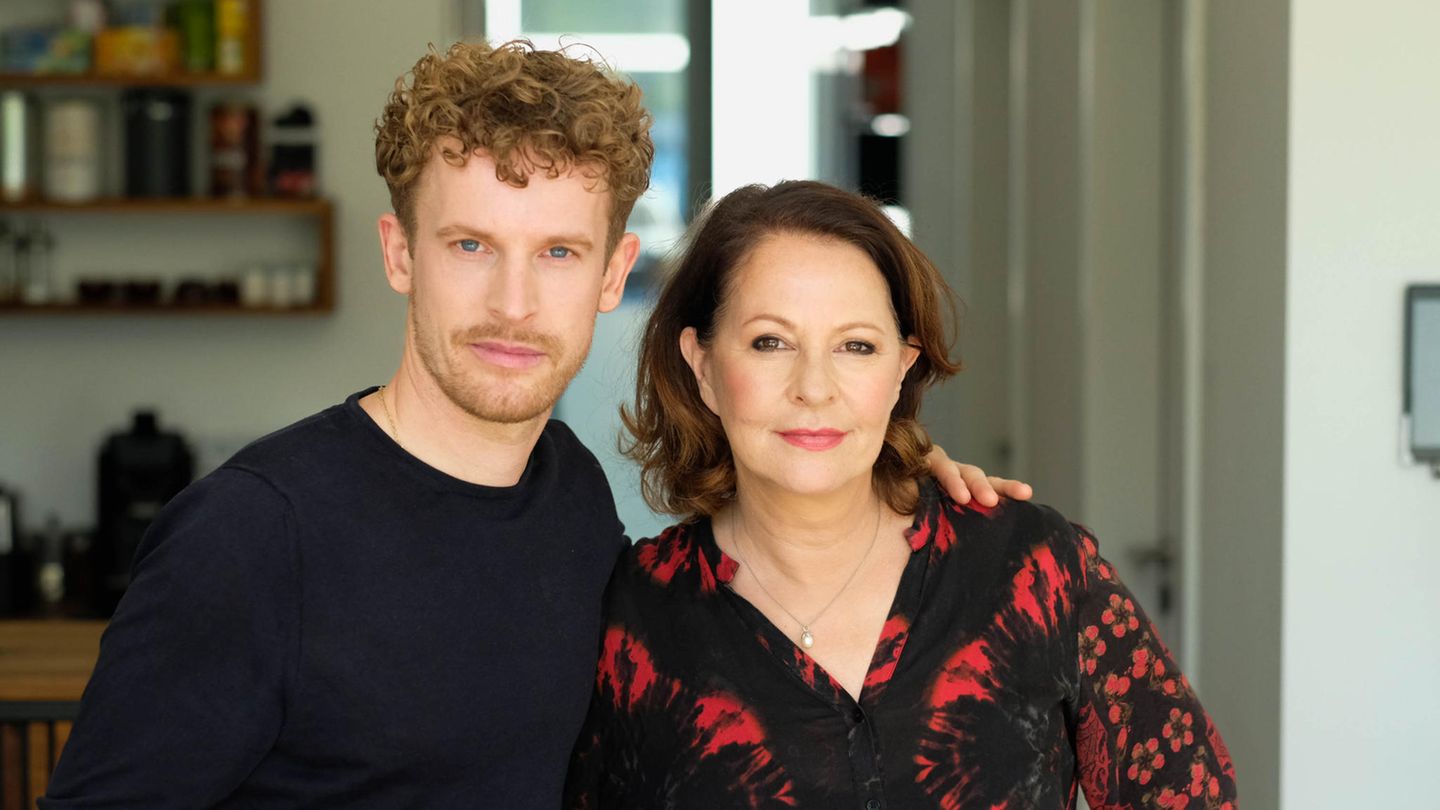In an interview, Kevin Costner reveals why he even risked his own fortune for his new western “Horizon”.
With the first part of his four-film western series “Horizon”, Hollywood veteran Kevin Costner (69) has realized a project close to his heart that he has been working on since the late 1980s. But the major US film studios did not want to finance his dream western, which is why Costner had to pay at least 38 million US dollars out of his own pocket.
In “Horizon,” the 69-year-old plays one of the main roles, directs, produces and co-wrote the screenplay. The story is told of white settlers who move west in 1861 and penetrate Apache territory, where they encounter bloody resistance. Meanwhile, a lone cowboy played by Costner comes into conflict with a gang of bandits and suddenly has to fight his way through the wilderness with an unknown woman and a helpless toddler. Meanwhile, the survivors of a gruesome Apache massacre swear revenge themselves and set off a seemingly endless cycle of violence.
In an interview with the news agency spot on news, Kevin Costner explains why he risked his own money for “Horizon” and how he feels about the negative reactions to his film. The great western actor also reveals how he would have coped in those times.
It’s a universally accepted rule in filmmaking: ‘Never put your own money into a project.’ They obviously didn’t follow that. Why not?
Kevin Costner: That’s the conventional wisdom. You don’t put your money into movies. I guess that’s a saying. But I always think: What if everyone is wrong? And that’s my simple answer to that.
I understand what people are saying, but I think when you have a dream, and the only way to get there is to risk things that you own… If you’re built that way, if I’m built that way in my head, that this project is going to be as important to me as some of the things that I already own, then I’m willing to risk those things.
Because you only have one life. And you have to make the most of it. Do the things that your own heart leads you to. And not necessarily the things that the bank wants.
Nowadays, many films use computer-generated images. Animals, fire and the like are simulated this way. Obviously you didn’t do that in “Horizon”. Did the actors actually move in front of the landscapes that we see in the film?
Costner: Yes, they were really there.
Why did you decide against such an approach with lots of computer images?
Costner: For me, it was the right choice because those places still exist. In our hearts, we know that those places still exist. That out there where we were filming is not Disneyland. That’s where those things really happened. The land dictated how fast you could move and when you should move. The land became an obstacle, sometimes a life-threatening obstacle. Sometimes it even led to death to cross a desert, to cross a river, to stay too long without water.
There’s also been a lot of negative press and mixed reviews on Horizon. Does that influence you and do you read things like that?
Costner: I don’t really read them. I know some people were confused by the film. I tried to explain that there are four films and that the first one is the basis for the next three. But I can only explain so much.
I don’t wait to see if my film is successful before I finish it.
My film won’t be finished until the fourth one is shot, and each film is designed to be exciting in itself but also to be the foundation for the next one, so when you see them all together, it will all make sense. I focus on the whole story and take my time with each film.
Not only do you direct, you also play one of the main roles in “Horizon”. What type of person is your character, Hayes?
Costner: He’s a typical western cowboy who makes his living with horses. The only possessions he has are his saddle, blankets, saddlebags and clothes. Some people think that’s a romantic life. But it’s not. He was just a working man. You made your living with horses, drove cattle, and you could hire him.
But it also has a history of violence. When you move around in these western towns, you also come across unhappy people. People in the west did not have an easy life. And depending on the personality of the people, it sometimes brought out the worst in them.
What western skills do you personally have? What skills do you have as a cowboy?
Costner: I think I could be a professional cowboy, but I can’t be a rodeo cowboy. I don’t have the skills that they have. Compared to a professional rider, I think I’m very average. There are people who think I ride very well. I accept the compliment, but I don’t see myself in the same class as a great rider.
Source: Stern
I am an author and journalist who has worked in the entertainment industry for over a decade. I currently work as a news editor at a major news website, and my focus is on covering the latest trends in entertainment. I also write occasional pieces for other outlets, and have authored two books about the entertainment industry.




